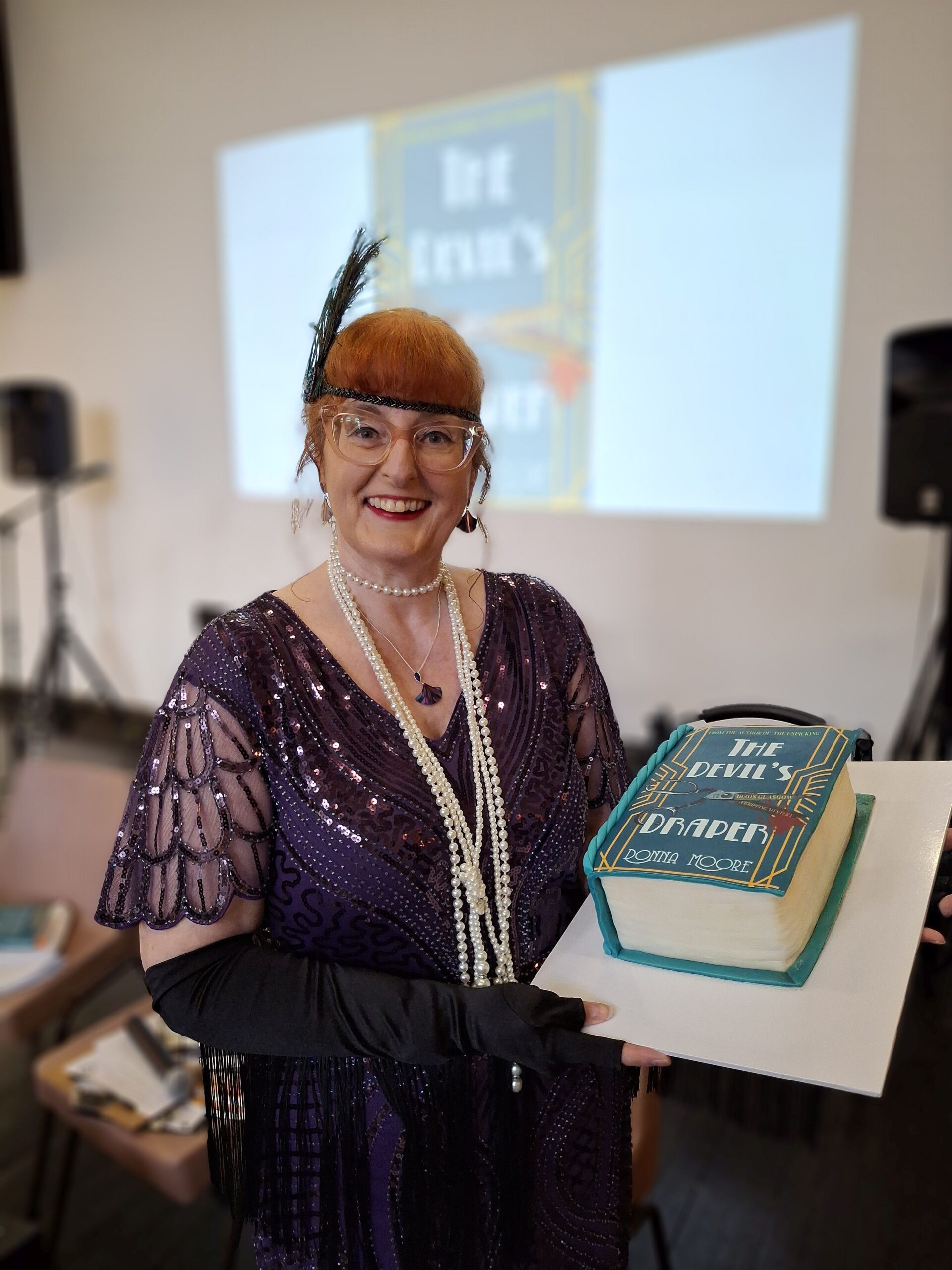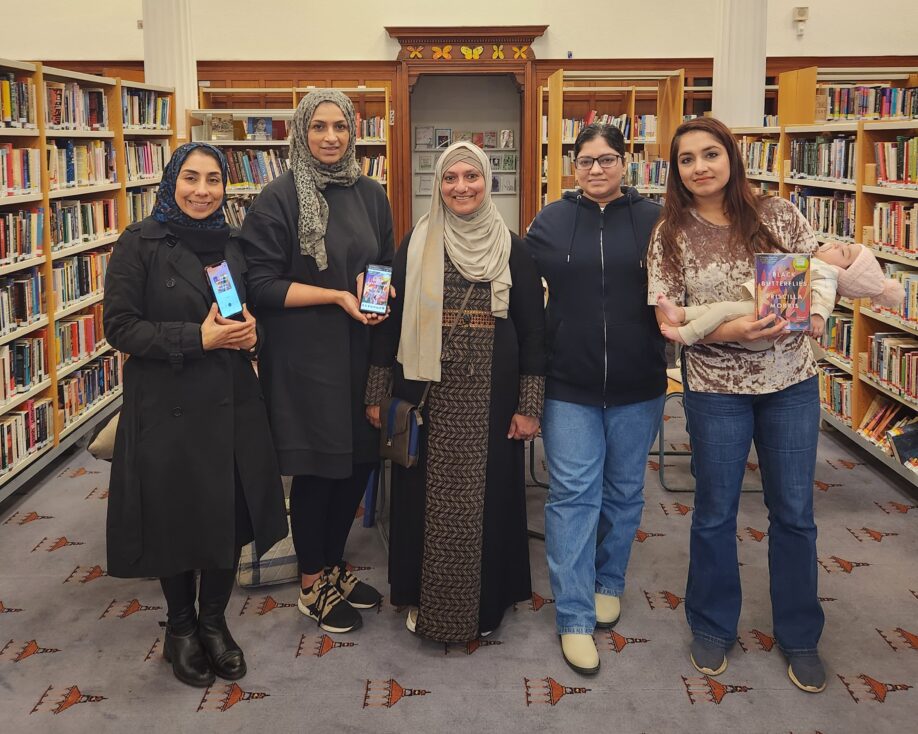By our volunteer Sarah Dalzell.
As the festive season draws to a close and we all return to normal life, on Monday (6th January) Ireland celebrated one last day of festivities with “Women’s Christmas Day” or, in Irish, “Nollaig na mBan”. Falling on the traditional last day of Christmas, bars, cafes, restaurants, and homes will have been full of women celebrating with female friends and relatives. Having been born and brought up in Belfast, my social media feed has been full of pictures of women from home enjoying the day together and recognising achievements of women.
Historically, Women’s Christmas is an old tradition which gave women a “well-earned day off” from cooking and other household chores.[1] Originating in a time when a woman’s role was typically confined to that of the housewife, men would take on household tasks allowing women to visit each other to eat, drink and to put their feet up after their hard work throughout the busy Christmas season.
However, around the 1950s and 60s, as women began to have careers outside of the home, the holiday largely died out with many in Ireland forgetting that it existed. In recent years though, it has seen a revival and women have started to come together again to mark the occasion.[2]
Today, as women’s roles in society have changed, so too has the sentiment behind Nollaig na mBan. It is now also seen as a day to celebrate the strength and comradery of all women, whether they be notable historical figures, social reformers, artists, or simply friends and family members — the achievements and strength of Irish women both widely renowned or not famous at all, both past and present. Many places and organisations now hold events and functions, such as the Irish Writers’ Centre, whose annual event — this year called ‘Women of Magic and Science’ — showcases Ireland’s women writers.[3]
Alongside this celebration of individual women and their achievements, Women’s Christmas now is also a day to recognise how far women’s rights have progressed in Ireland in recent years. For example, the amendment to the Irish Constitution after a huge campaign and a referendum to allow for legalisation of abortion in 2018.
Aoife Granville, a lecturer at University College Cork, in an article in The Conversation says ‘Nollaig na mBan is a day to remember how far women in Ireland have come since the late 1970s before which bans against contraception and married women working limited our freedom.’[4] However, she goes on to say that ‘it also reminds us how far women have yet to go in gaining true equality in business and society.’ That said, this old tradition to allow housewives a day off from a humdrum life of cooking, childcare, and household chores has evolved to encompass a sentiment of huge importance for the societal role of women and for women’s rights today. Although currently little-known outside of Ireland, Women’s Christmas is a day to be embraced and celebrated by us all.
Nollaig na mBan Shona Daoibh!
[1] https://www.theirishroadtrip.com/little-christmas-nollaig-na-mban/
[2] https://www.rte.ie/brainstorm/2025/0106/1103975-nollaig-na-mban-january-6th-ireland-roots-traditions-customs/
[3] https://irishwriterscentre.ie/whats-on/nollaig-na-mban-women-of-magic-and-science/
[4] https://theconversation.com/how-irelands-nollaig-na-mban-evolved-from-a-day-off-housework-to-a-celebration-of-womens-achievements-220428 )
References:






